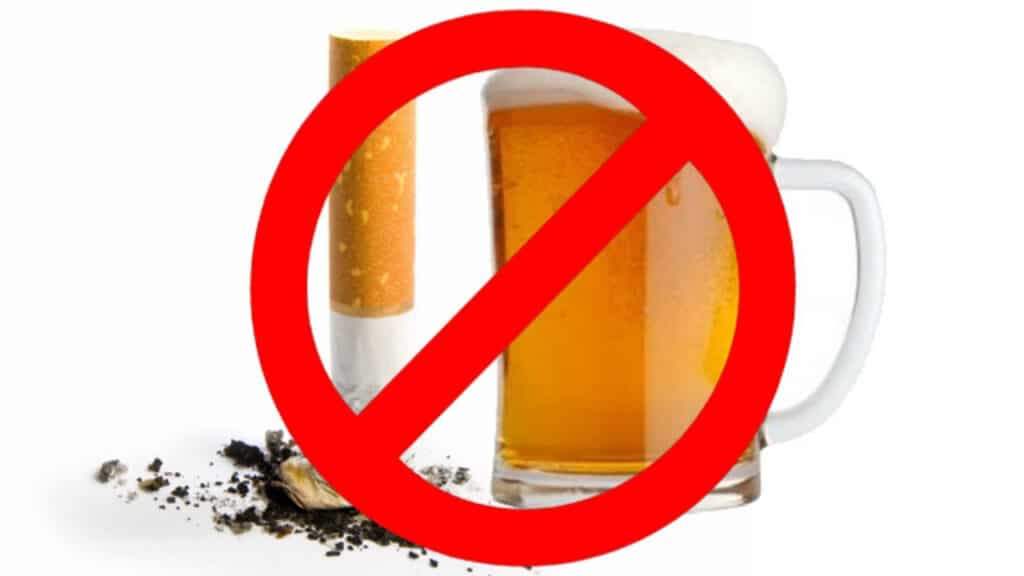If you’ve read anything about stem cells, you know that this is one of the most rapidly growing areas of interest in medicine. Scientists are constantly trying to find new ways to make the most of these little building blocks of the body. It is now possible to receive new stem cells through a transplant, but what if you could stop your body from losing them in the first place?
We naturally lose stem cells as we age. It’s in early childhood when they’re at their most powerful. Still, there are certain behaviors that encourage stem cell release, and others that can cause stem cells to become damaged. If you know anything about human health, it may not surprise you to know that cigarettes and alcohol are not helpful when trying to encourage the regenerative capabilities of stem cells.
Smoking cigarettes is bad for pretty much every area of your health, to the extent that quitting smoking is generally one of the first pieces of advice a doctor is likely to give you, regardless of the reason for your visit. One of the problems with smoking is that in addition to damaging various parts of the body, it can make you heal slower. Encouraging healing and regeneration is part of what stem cells do, and smoking is the opposite of that.
Then there’s drinking alcohol. Now, you don’t have to cut out alcohol completely, but when consumed to excess, it causes some health problems. In terms of stem cell release, we particularly need to consider how alcohol affects the liver and the brain.
The liver has many functions in the body, but one of the most important is how it breaks down toxins that could cause you harm. That includes filtering any alcohol that you drink. When there’s too much alcohol for the liver to deal with, it causes inflammation and damages cells, possibly leading to liver disease and other serious conditions. This is clearly not good for liver function, avoiding toxicity or helping stem cells work.
Another part of the body that may experience alcohol-related inflammation is the brain. Brain oxidative stress can be a result of chronic drinking, and it’s another way that stem cells become damaged, reduced or less efficient. In short, don’t overdo the alcohol if you want a healthy liver, brain or stem cells.




